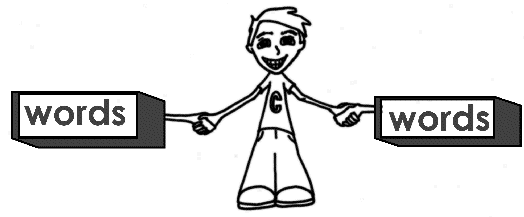 Conjunction คือ คำสันธาน เป็น คำหรือกลุ่มคำที่ใช้เชื่อมระหว่างคำ วลี และประโยค
Conjunction คือ คำสันธาน เป็น คำหรือกลุ่มคำที่ใช้เชื่อมระหว่างคำ วลี และประโยค
คำสันธานมี 3 ชนิด ได้แก่
- Coordinating Conjunctions
- Subordinating Conjunctions
- Correlative Conjunctions
- Coordinating Conjunctions เป็นคำสันธานที่เชื่อมคำหรือข้อความที่มีความสำคัญ เท่ากัน หรือเป็นประเภทเดียวกัน คำสันธานประเภทนี้ ได้แก่
and as well as yet
but for
nor or
Coordinate Conjunctions สามารถใช้ในรูปแบบต่อไปนี้
1.1 เชื่อมคำกับคำ เช่น
colleges and universities quickly and beautifully
pretty and intelligent fish and chips
1.2 เชื่อมวลีกับวลี เช่น
Going to a dance or to a movie
1.3 เชื่อมประโยคกับประโยค เช่น
Her parents decided to postpone their trip to Los Angeles, for the weather was threatening.
2. Subordinating Conjunctions เป็นคำเชื่อมที่มีคำเฉพาะกลุ่มหนึ่ง ใช้เชื่อมประโยค ย่อย (Subordinate Clause) กับประโยคหลัก (Independent Clause) ได้แก่คำต่อไปนี้
after because even though even if
although before if in order that
as since that though
as if unless until when
whereas whether while as soon as
He works as if he were a machine.
Since the road was slippery, John decided to stop at that motel.
He won’t pass the exam unless he studies harder.
- Correlative Conjunctions เป็นคำเชื่อมที่มีคำที่ต้องใช้คู่กันเสมอ ทำหน้าที่ เช่นเดียวกับ Coordinating Conjunctions คือ ใช้เชื่อมคำหรือข้อความที่มีความสำคัญ เท่ากันหรือเป็นประเภทเดียวกัน ได้แก่
both…..and
neither…..nor
not only…..but also
either…..or
as…..as
so…..as
That novel is both good and cheap.
Sue is not only a good dancer but also an accomplished singer.
Neither you nor I understand this notice.
นอกจากนี้ ยังมีคำเชื่อมประโยคอีกกลุ่มหนึ่งที่เรียกว่า Conjunctive Adverbs ทำหน้าที่เชื่อมในลักษณะเดียวกับ Coordinating Conjunctions Conjunctive Adverbs นี้ จะมีเครื่องหมาย ; นำหน้า ตามด้วยเครื่องหมาย , หรืออาจใช้ขึ้นต้นประโยคแล้วใช้ เครื่องหมาย , ตามก็ได้ เช่น
accordingly for example in fact nevertheless
also for instance instead or else
besides however meanwhile otherwise
consequently in addition moreover therefore
so still then thus
yet
That handbag is just what I am looking for; however, I don’t have enough money.
There are many earthquakes in Japan, so they don’t build tall buildings.
It was cold, yet he still went swimming.
คำสันธานมีทั้งที่เป็นคำเดี่ยวและเป็นกลุ่มคำ สามารถแยกออกได้เป็นกลุ่มใหญ่ ๆ ดังต่อไปนี้
- คำที่แสดงความคล้อยตามกันหรือเพิ่มเติมข้อความ (Addition)
actually besides likewise as a matter of fact
again certainly similarly in addition (to)
and indeed on top of that not only…..but also
also moreover above all both…..and
then furthermore in fact neither…..nor
He is not only tired but also hungry.
George neither admits nor deny the accusation.
- คำที่แสดงทางเลือก (Alteration) เช่น
or either…..or
alternatively on the other hand
My daughter writes letters or sends e-mail to me every week.
That boy can either stay here or leave now.
- คำที่แสดงเหตุและผล (Reason/Cause and Result)
แสดงเหตุ – as long as because since
owing to then thus
แสดงผล – as a result hence accordingly
for this reason therefore consequently
because of this
I will lend you my textbook as long as you keep it clean.
Tom was sick; consequently, he didn’t come to your birthday party.
- คำที่แสดงการเปรียบเทียบ (Comparison)
as…..as as if as though
likewise similarly equally
correspondingly just as just the same as
in a like manner in the same way in the same manner
As my income increases, my expenditure correspondingly increases.
- คำที่แสดงการสรุป (Conclusion and Summary)
finally after all all in all
in short in brief briefly
in conclusion to conclude on the whole
in summary to summarize to sum up
In short, John is broke.
On the whole, Mr. Bush is a good administrator.
- คำที่แสดงเงื่อนไข (Condition)
if as long as only if
unless suppose on the condition that
when supposing provided that
while supposing that assuming that
When I go to the post office, I always buy new stamps.
I’ll accept his invitation provided that you go with me.
- คำที่แสดงความขัดแย้งและการยอมรับ (Contrast/Opposition and Concession)
however nevertheless although in contrast
still nonetheless though of course
but alternatively while on the other hand
instead conversely whereas on the contrary
rather otherwise yet in spite of that
after all for all that even so in spite of the fact that
by contrast at the same time
You should do the homework; otherwise you’ll be punished.
Anne is careful whereas Kathy makes a lot of mistakes.
- คำที่แสดงตัวอย่าง (Exemplification)
especially for example for instance
including such as as follows
particularly chiefly mainly
People use personal computers for many things, for example, shopping, visiting the library or working.
First of all the ingredients such as flour, sugar, fat and water, are put into a mixing machine.
- คำที่แสดงการเน้น (Emphasis)
also indeed certainly in fact
really actually particularly in particular
Our friends also enjoy popular music.
In fact, he didn’t come to English class.
- คำที่แสดงลำดับก่อนหลัง (Sequence)
การเริ่มต้น – first firstly first of all
in the first place to begin with initially
in the beginning to start with originally
ลำดับต่อไป – second secondly next
then subsequently after
after that furthermore meanwhile
เหตุการณ์เกิดพร้อมกัน
– in the meantime as soon as meanwhile
shortly after that simultaneously
ลำดับสุดท้าย – eventually finally in the end
lastly at last
to conclude in conclusion
In the beginning, everything seemed to be difficult for me.
After the conference, we mentioned that matter to him again.
As soon as John arrived, it rained.
Finally, the same techniques of therapy are used by healers all over the word.
- คำที่แสดงการพูดซ้ำหรือขยายความ (Restatement/Clarification)
or briefly in the end
specifically in other words that is the way
The doctor advised my friend specifically not to eat spicy food.
จากตัวอย่างทั้งหมด จะเห็นได้ว่าคำเชื่อมความบางคำทำหน้าที่มากกว่าหนึ่ง อย่าง เช่น คำว่า “furthermore” ใช้บอกความคล้อยตามกัน และใช้แสดงลำดับก่อนหลังก็ ได้ แต่ใจความในประโยคจะบอกได้ว่า คำเชื่อมนั้นทำหน้าที่ใด เพราะฉะนั้น ในการอ่านหนังสือ เราควรจะพิจารณาหน้าที่ของคำเชื่อมเป็นหลัก และแปลความหมายของคำเชื่อมให้ได้ใจความ ตรงกับข้อความที่ปรากฏอยู่



































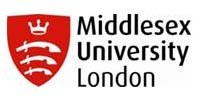












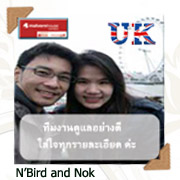
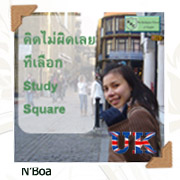



















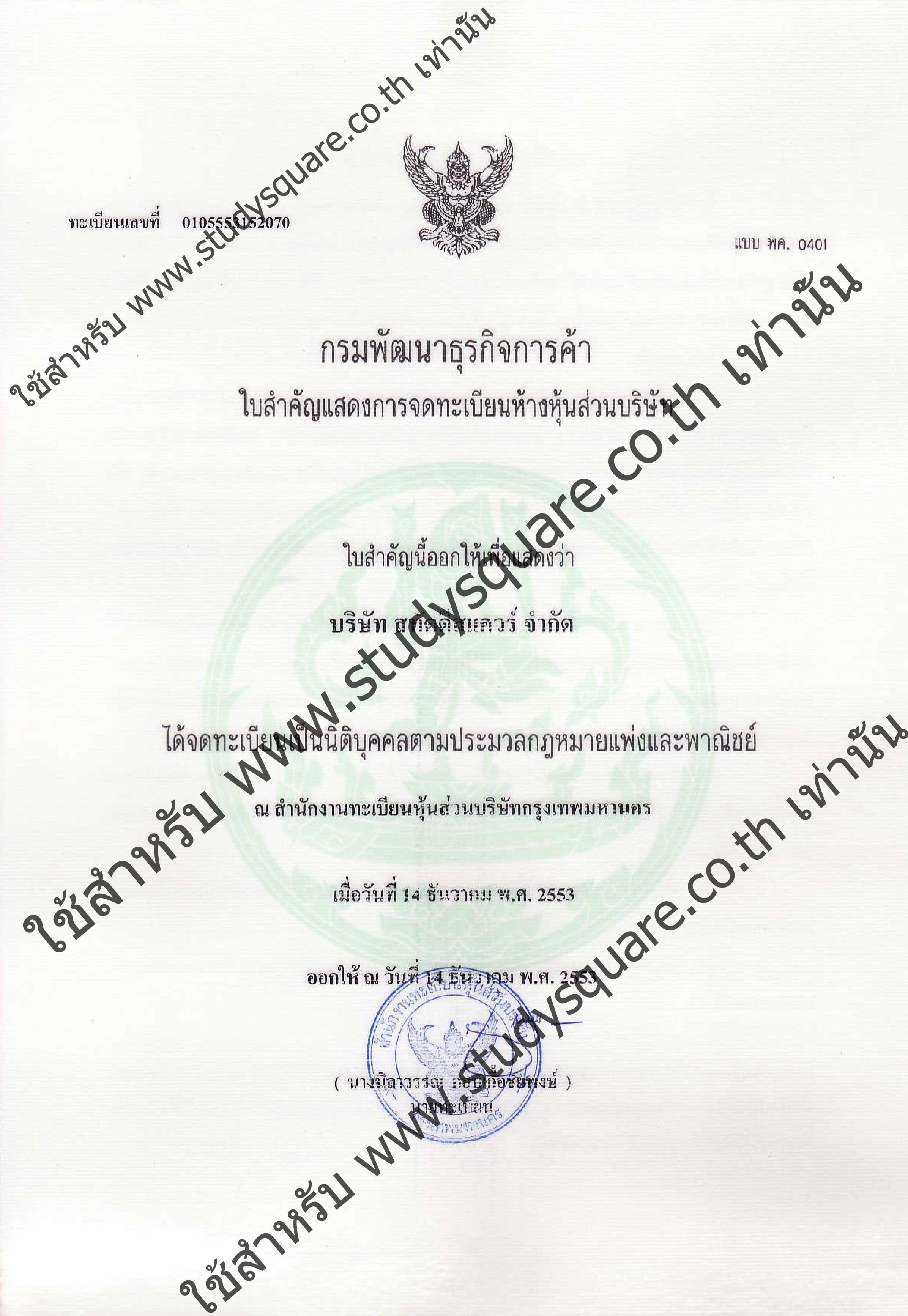

















ความเห็นล่าสุด